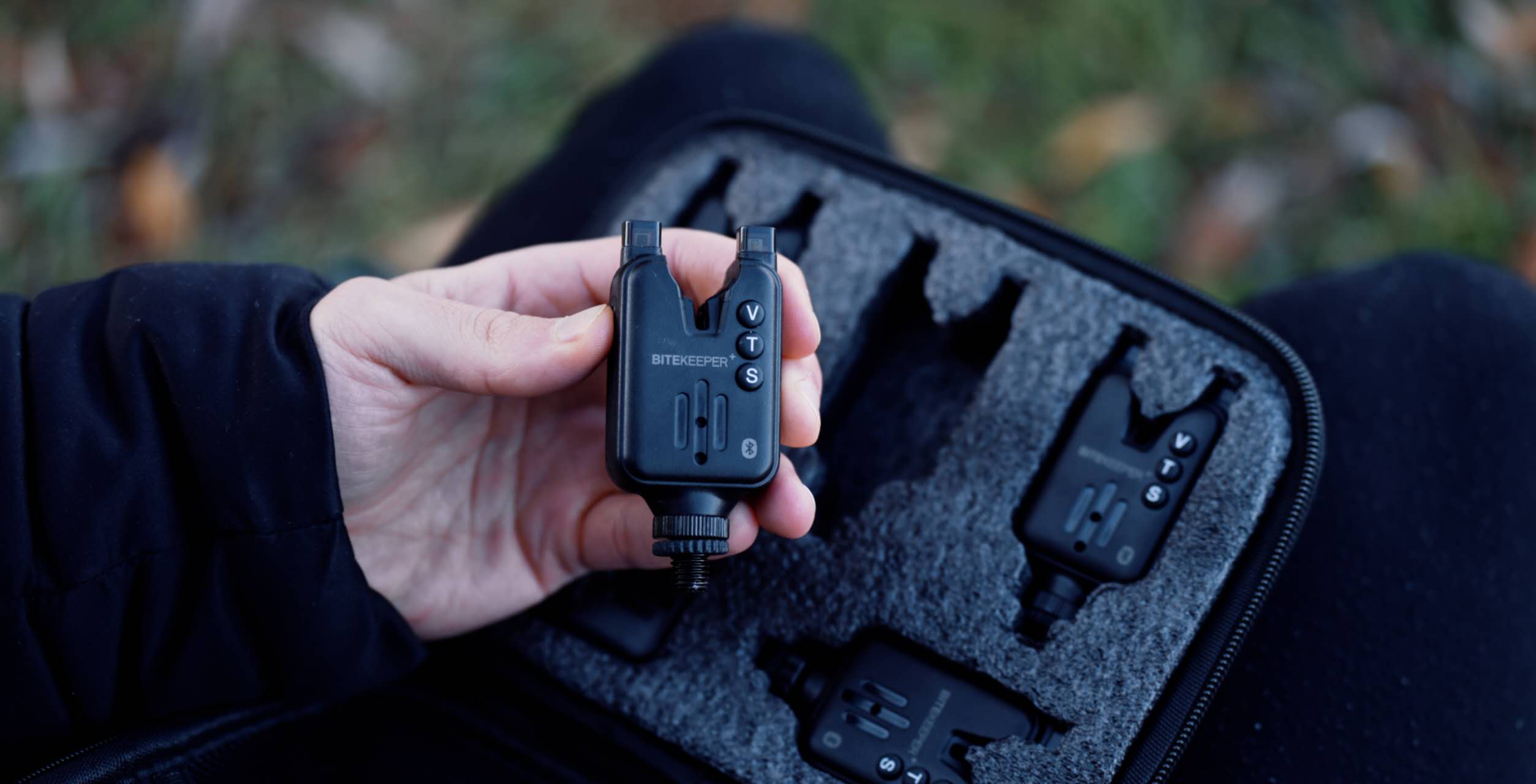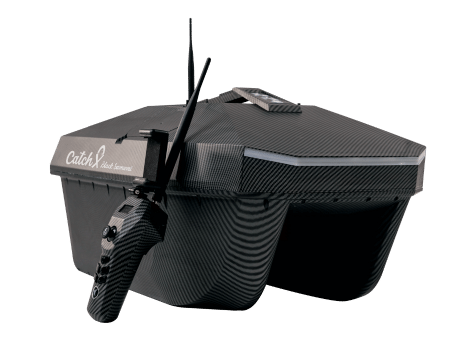Traditional or Electronic Fish Bite Alarm: Which Fishing Experience is Better?
Fishing, a cherished pastime for many, offers various techniques to choose from. Among them, sea pole fishing stands out as a serene and leisurely approach, allowing anglers to patiently await a catch without the constant need to watch a float. When a fish bites, how do you determine it? Currently, there are two main methods: observing the rod tip's reaction and using a fish bite alarm. While the former is well-known, this article will delve into the world of sea pole bite alarms, sharing insights on their selection. Let's explore two key points:
Types and Specifications of Bite Alarms
When a fish bites, the primary function of a bite alarm is to alert the angler to reel in the catch promptly. However, in practical terms, a mere warning function can feel somewhat monotonous. An excellent fish bite alarm should have low false alarm rates, provide timely and diverse alerts, be resistant to loss or dropping, and offer convenient operation.
Traditional vs. Electronic Fish Bite Alarms

Traditional Bite Alarms
In the absence of alarms, sea pole fishing relied on observing the rod tip's reactions to gauge whether a fish had bitten. However, this method could be tiresome and lead to angler fatigue. Traditional alarms, like bells, were later introduced, attached either by clamps or clips to the rod tip or the front end of the fishing rod. These bells, when set in motion by the movement of the rod tip, would emit sounds as a warning.
Bell + Glow Stick
To address night fishing needs, anglers began attaching glow sticks to bells. This simple addition allowed quick identification of which fishing rod had a catch when the bell rang.
Bell + Indicator Light
Further improvements led to bells with built-in indicator lights. While normally off, when the rod tip moved, signaling a catch, the bell would ring, and the indicator light would automatically illuminate or flash, providing added convenience.
Electronic Fish Bite Alarms
Electronic beep alarms represent a more sophisticated option. While various types exist, their fundamental principles remain similar. They use a sensor system to detect fish activity. When a fish takes the bait and pulls the fishing line, applying downward force to the sensor, it triggers a loud beep and flashing lights, ensuring the angler is alerted even at a distance.
Although electronic alarms are modern and advanced, they do have drawbacks. The following comparisons highlight the nuances between traditional and electronic bite alarms:
Choosing the Right Fish Bite Alarm
Selecting the ideal bite alarm involves considering personal preferences and requirements. For short fishing durations, a limited number of fishing rods, especially during rainy weather, traditional bells might suffice.
Advantages of Traditional Bite Alarms
-
Economical
-
Resistant to moisture-related issues
-
Suitable for short-duration and daytime fishing
Disadvantages of Traditional Bite Alarms:
-
Prone to Loss: Traditional bells can be easily forgotten and left attached to the rod, resulting in loss when casting.
-
Limited Sensitivity: Traditional alarms may only detect fish-induced rod tip movements, potentially missing catches where the line is slack during fish movements towards the shore.
In contrast, electronic beep alarms address these issues:
Essential Features for Electronic Fish Bite Alarms:
-
Sensitivity Adjustment: Enables fine-tuning based on fishing conditions.
-
Water Resistance: Critical for prolonged exposure to humid conditions or short-term rain.
-
Volume Control: Allows adjusting alarm volume, minimizing disturbance to nearby anglers.
In conclusion, the choice between traditional and electronic fish bite alarms boils down to personal preferences and fishing conditions. There's no one-size-fits-all solution; the key is to find the most suitable option based on individual needs. Whether it's the nostalgic chime of a traditional bell or the high-tech beep of an electronic alarm, the goal remains the same – enhancing the joy of fishing.



























